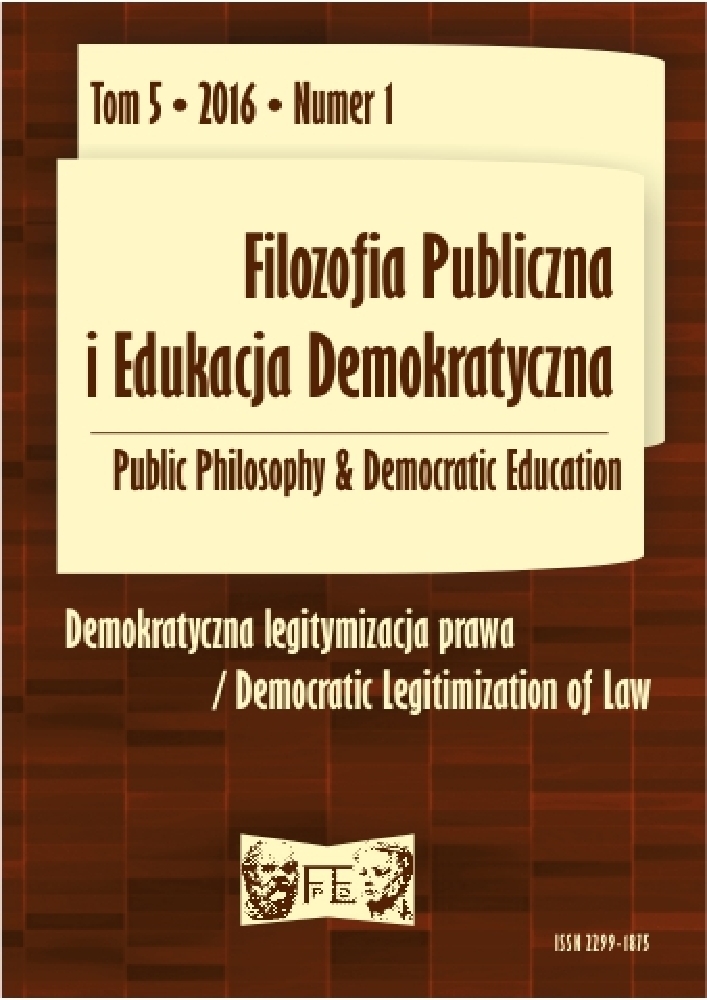Abstrakt
State audit institutions constitute a very important part of the contemporary model of state. Auditors (people employed by state audit institutions), being professionals, should fulfill many duties which are customarily assigned to them by the society. In their daily work auditors should observe statutes and codes of ethics. The ethics of auditors of the Supreme Audit Office (Najwyższa Izba Kontroli) is held in high regard among rules of conduct for auditors. It serves a model for ethics in other state audit institutions, such as the National Labour Inspectorate (Państwowa Inspekcja Pracy) or Regional Chambers of Audit (regionalne izby obrachunkowe). Ethics of auditors is a special kind of ethics expected from public administration employees.
Bibliografia
Bogucka Iwona, Pietrzykowski Tomasz, Etyka w administracji publicznej, LexisNexis, Warszawa 2009.
Górecki Dariusz (red.), Polskie prawo konstytucyjne w zarysie, Zakamycze, Kraków 2006.
Jarzęcka-Siwik Elżbieta, „Etyka zawodowa kontrolerów Najwyższej Izby Kontroli”, Kontrola Państwowa 2006 (4) (ss. 25-34).
Jarzęcka-Siwik Elżbieta, Skwarka Bogdan, „Odpowiedzialność dyscyplinarna mianowanych kontrolerów NIK”, Kontrola Państwowa 2014 (4) (ss. 34-59)
Jędrzejewski Stanisław, Kontrola administracji, Uniwersytet Mikołaja Kopernika, Toruń 1979.
Kulesza Michał, Niziołek Magdalena, Etyka służby publicznej, Wolters Kluwer, Warszawa 2010.
Kultgen John, Ethics and Professionalism, University of Pennsylvania Press, Philadelphia 1988.
Luban David, „Etyka zawodowa”, w: Galewicza Włodzimierza (red.), Moralność i profesjonalizm. Spór o pozycję etyk zawodowych, Universitas, Kraków 2010 (ss. 223-245).
Starościak Jerzy, Prawo administracyjne, Państwowe Wydawnictwo Naukowe, Warszawa 1969.
Szymanek Jarosław, „O kontroli państwowej – teoretycznie”, Kontrola Państwowa, 2006 (5) (ss. 15-33).
Licencja
Prawa autorskie (c) Autorzy zachowują prawa autorskie i prawa do publikacji swoich artykułów w tym czasopiśmie, przyznając czasopismu prawo do ich rozpowszechniania na warunkach CC BY-NC-ND 4.0
